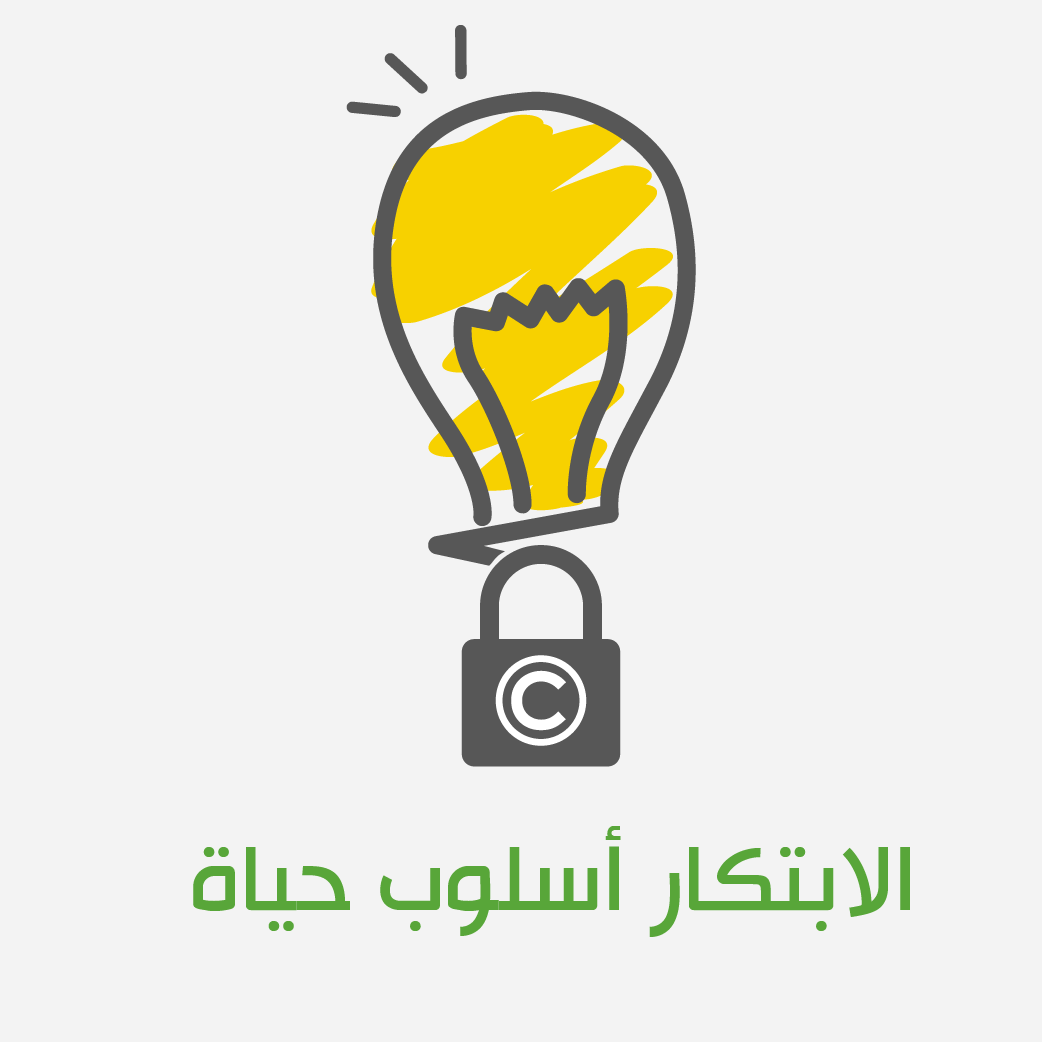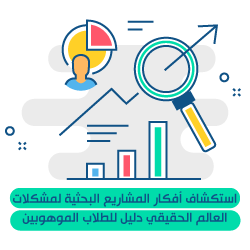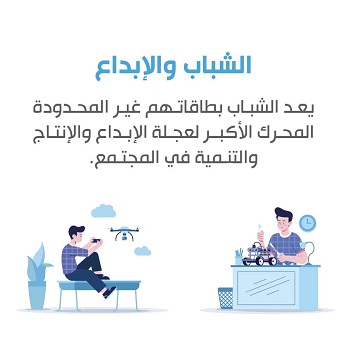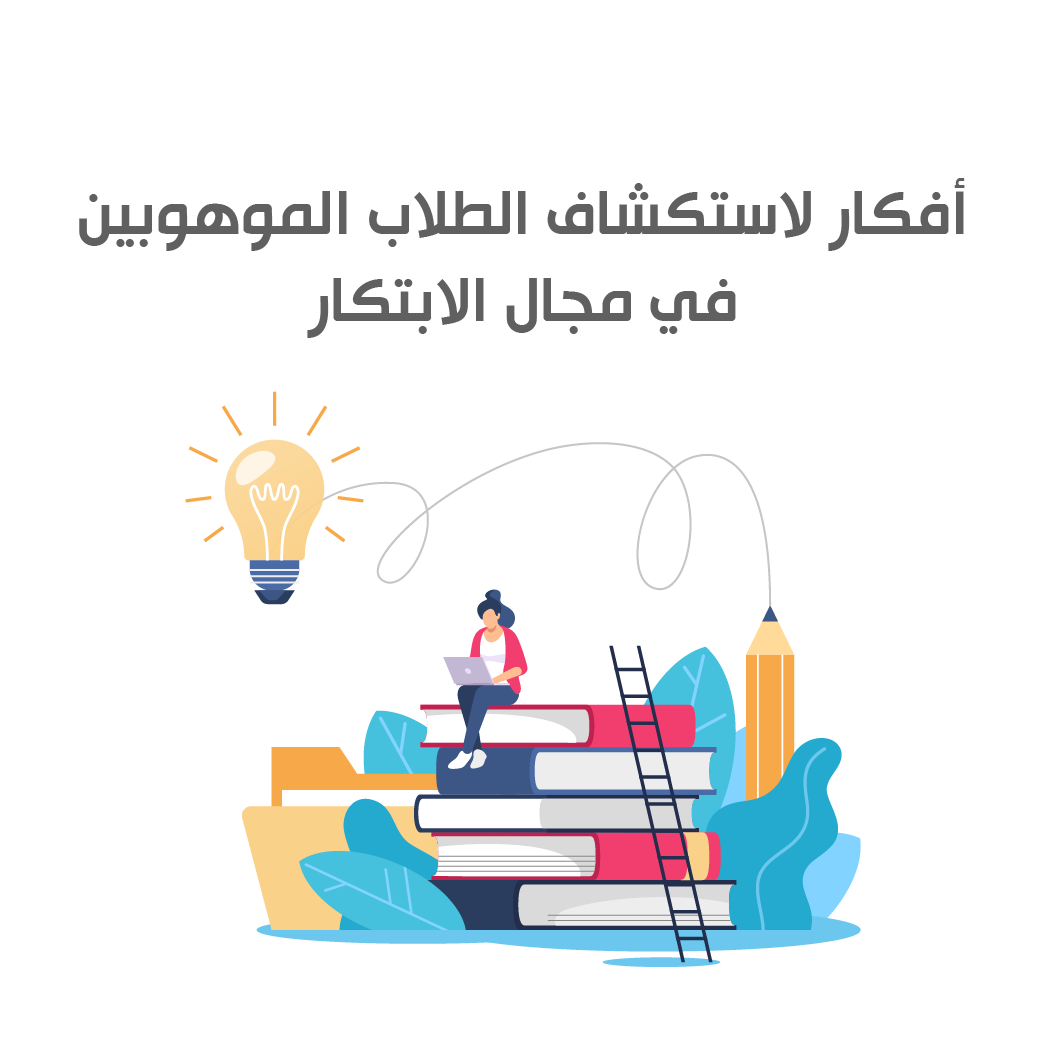An Empirical Case Study of Gifted Students in Pre-University Research and Engineering Projects
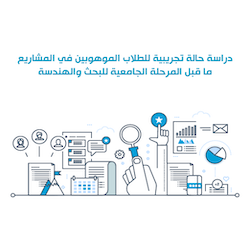
Dr. Mark Oleksak - Tala Abou El Naga
Innovation
28
This is the second of three articles exploring the experiences of gifted Saudi students in pre-college research, and the profound impact it has had on their lives. The focus will be on the general expectations of their journey, the challenges they faced during the process, and how these exceptional students found creative ways to overcome and learn from them.
the story
I first met Tala Abu Al-Naja in 2017, at a scientific research workshop (National Science Creativity) in the Eastern Province. When she presented her work to me, I thought she was a high school student, but it turned out she was in her last year of middle school (third intermediate grade). The level of maturity and passion she carried was incredible. Her enthusiasm was contagious, and I was very excited to mentor her and help her develop the work for the next stages of the competition. Below is an interview with Tala in which she shares insight into her overall experience with scientific research and innovation.
Interview and Notes by Dr. Mark
When did the interest in STEM education and research start?
“Since I was a child, nothing has influenced me more than science. I have always been fascinated by the idea of exploring unanswered questions. It has a magical effect that lasts a lifetime, and I believe that research is the best way to learn anything.”
What advice do you have for moving from interest to actual lab work?
“I think the most important thing to keep in mind is to have a clear plan and roadmap of what you want to do in the lab, what you will be working on, and also to make sure that you and your research team mates share the same goals and always communicate properly.”
When you first started a research project, what were your main expectations?
“My main expectation when I started research was to answer the question I had in mind about my topic and come to a conclusion. When you do research, you explore your question and the possibility of finding an answer that you are not sure exists. This idea is both daunting and thought-provoking, and that is what made me passionate about the depth of scientific research.”
note
In this answer, Tala presents the brainstorming process, which is a very important process for a student to go through when choosing a topic for a project. This should not be taken lightly because this approach can last for at least one academic year, and the student will put a lot of effort into completing the work. Tala presented this, and she wanted to find an answer to a real problem.
Why did you decide to work on this project concept for another year?
“When I was in third grade, I moved to a school that was part of the inclusion of people with visual impairments in public schools project, and by being with them almost every day I had all kinds of questions, about their book, social skills, learning techniques. That's when I realized the power of research and how it can help people, and I became passionate about it.”
note
Students who are best at developing a project are the ones who can apply it to the real world, especially in areas that impact their personal lives. Tala saw students with visual impairments every day, so she wanted to do something to help them improve their quality of life.
How is project development different from textbook learning?
“I think the most noticeable advantage for me was having the opportunity to work on my own and apply everything I learn in my research, which creates a deeper understanding when dealing with complex topics. This method also helps in discovering what works and what doesn’t.”
note
This is a clear example of project-based learning, where the student is the owner of the project and makes decisions about the background research and journey through the process. This allows them to gain confidence and experiment with new approaches that will help them discover and practice skills that they can use as they progress in their education and career.
What were the biggest challenges you faced when conducting research?
“The main problem I faced when I started doing my research was how skeptical people were at first about the idea. This is a very common behavior towards anything new and unfamiliar, especially from younger people. Another problem I had to face was translating the entire research from Arabic to English basically because I was explaining research related to the Arabic language.
note
This is a common problem for young scientists and creatives. They need to be able to convince their audience of the seriousness and effectiveness of their project. If it is an original area of study, this is difficult to do and the main solution is to develop a solid business plan that includes a great publication review and excellent communication skills. Having a mentor or advisor is also a good way to help with the feasibility of the project concept from the beginning.
How did you overcome the three challenges mentioned above?
“I had to work hard, contact a lot of people, explain my idea thoroughly, make sure I developed my public speaking skills in order to get my ideas across, be confident and accept constructive criticism with an open mind.
“To translate my research, I always had to ask people for help and always have my work reviewed and edited. Although it was difficult to explain the complex meaning that might only be relevant to Arabic speakers, explaining it to people and finding out how it works was helpful.”
note
Tala explained how she was able to approach challenges in a very intelligent way. The student must believe that the concept is valid and possible, as well as be able to describe it to other people, including judges in competitions.
What important skills did you learn during the entire process, both academic and personal development?
“My experience in scientific research taught me many valuable lessons that I will benefit from in the future. Not only did it teach me how to manage and improve my speaking and writing skills, but it helped me gain a vibrant community that shares my passion for research. Overall, the experience made me a more confident, focused and determined person.”
note
It is well known that research is not a matter of winning, but rather a matter of learning through an innovative scientific process, through which the student is able to grow not only as a researcher, but as an individual as well.
Share with us a memorable memory from your entire research journey? Did it have any impact on your next educational steps (majors, internships, clubs, etc.)?
“The most memorable memory I have is from ISEF 2018 when the father of one of the participants gathered our entire team moments before the Grand Prix and said to us, ‘Winning and losing are temporary emotions, but it is the lessons you learn from this experience that will change you.’ Those words taught me to aim to learn new things and be a better person, and this definitely made me take more risks when it comes to clubs and competitions.”
After completing your pre-college research, did the experience meet or exceed your expectations listed in the first question? How so?
“The experience exceeded my expectations in many ways. Not only did I get to answer my research questions, I gained many new skills, and met many new people who inspired and shaped me in all aspects.
note
Wow! This is a great resource for new students trying to work on a research or innovation project. Take the first step and discover the possibilities!
What would you say to young Saudis who are considering participating in scientific research competitions? What impact could it have on their lives and careers?
“I think my message to anyone who is thinking about taking this big step is to not be afraid to try and learn. Every great achievement starts with the decision to try. This experience will impact you in ways you never thought possible, and it will make you realize so many things about yourself and your approach to the subject. It has personally helped me grow and flourish and become who I am today.”
Lessons learned
This interview with Tala was very helpful, she gave such great advice to other students, as well as providing parents and teachers with the benefits of research projects. Obviously, the foundational learning in textbooks is important, but this kind of practical, student-led endeavor goes a long way in preparing them for the next steps in their developmental journey. The key lessons Tala gave other students can be summarized as follows:
-
Students should take the opportunity in middle or high school to complete a scientific or innovative research project. You never know what you'll learn until you try!
-
The best projects are those that interest the student or are relevant within their community. Students should notice what is going on around them and what problems exist that can be investigated and solved.
-
Project experience not only helps with subject matter knowledge, but also with written and verbal communication skills; this is a very important skill when helping others understand the work and real-world application, in addition, these are skills that can be used in the student's future, regardless of the career path they follow.
Did you benefit from the information provided on this page?
visitors liked this page
